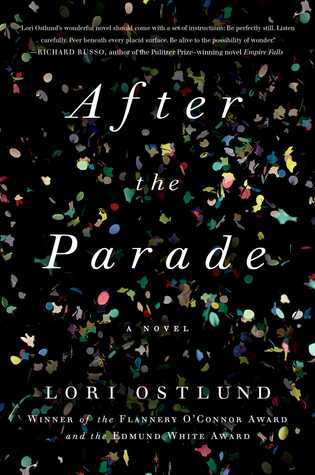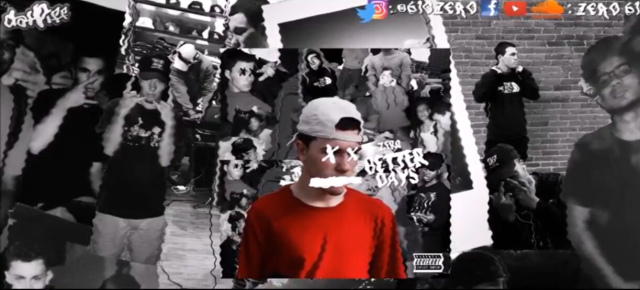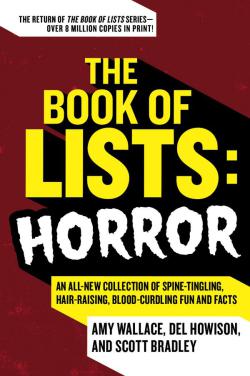 It’s some kind of masterful when you spend the first quarter of a book thinking that the main character is a self-absorbed, ambivalent, almost blissfully ignorant fool but then you read the middle half of the book, getting ever more caught up in his story, and the final quarter of the book realizing that none of those things that made him unlikable and unrelatable at first were his fault and he did grow from them, whether by choice or by force. Sometimes life isn’t anyone’s fault. To alter the title a bit, sometimes life is just a parade it’s hard to see the end of.
It’s some kind of masterful when you spend the first quarter of a book thinking that the main character is a self-absorbed, ambivalent, almost blissfully ignorant fool but then you read the middle half of the book, getting ever more caught up in his story, and the final quarter of the book realizing that none of those things that made him unlikable and unrelatable at first were his fault and he did grow from them, whether by choice or by force. Sometimes life isn’t anyone’s fault. To alter the title a bit, sometimes life is just a parade it’s hard to see the end of.
AFTER THE PARADE is Lori Ostlund’s tale of a forty-one year old man name Aaron Englund. An ESL teacher, the story begins with him packing up a U-Haul in Albuquerque and leaving for San Francisco. He’s leaving behind eighty-two year old Walter, the man he’s been with for twenty-three years – and known a few years longer. The math works out to mean that Aaron was eighteen and Walter thirty-six when they first became a couple. That fact lands somewhere between unnerving and sad. As a reader, it’s easy to feel bad for Walter at the start. The man he loves leaves on Christmas Eve after nearly a quarter century. He’s elderly.
But then it becomes so much more complicated than that.
As Aaron travels – literally to San Francisco and figuratively to figuring out who he is – his story is told. His memories of an abusive father and a distant mother, who was more distant because of her abusive husband. His memories of never quite fitting in to normal groups at school. His tendency to gravitate toward the outcasts of society, almost as though he is searching for himself in them more than he is searching for a true friend. And so it comes that by the time he meets Walter as a teenager, his father is dead and his mother is gone.
Aaron is inherently a boy in need of something he never had. That he would find comfort in a stable older man when most boys his age would be doing anything but settling down, makes perfect sense. As in all things, defining love and the existence of love is tricky and almost impossible.
In time, woven into a rich story with so many threads, it becomes clear that Aaron teaches English to immigrants because he sees himself as one of them, in a way. He is an observer too, trying to figure out just how to make it through an uncomfortable, unfamiliar world without getting hurt. And maybe get through it with someone to love. The questions his students ask, the stories they tell him… they help Aaron to find himself.
Ostlund’s novel is harsh and sometimes breathtaking in it’s sadness but it is beautiful. Everything makes sense in the end, especially the most perfect of endings.
(I received a copy of AFTER THE PARADE through NetGalley and Scribner in exchange for an honest and original review. All thoughts are my own.)
Advertisements Share this:




